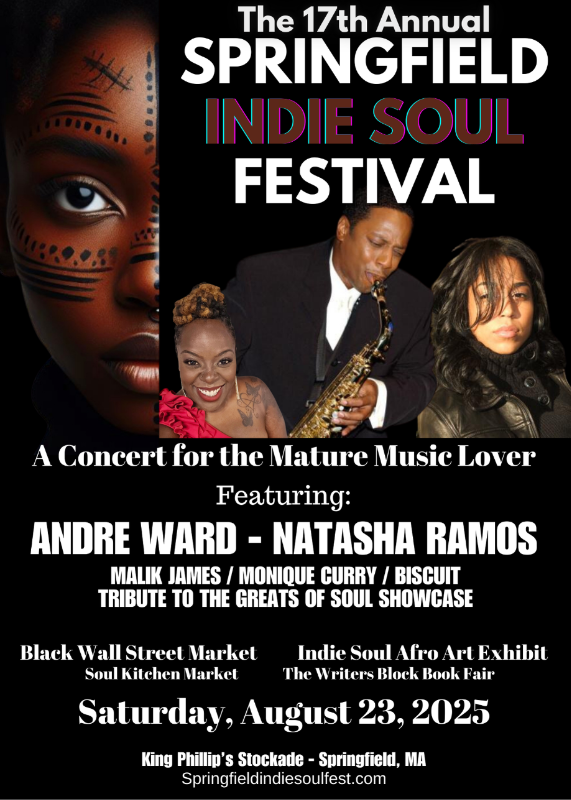By Metro Record
In the Black community, storytelling has always been more than an art form. It is a means of survival, a mechanism for preserving history, instilling identity, and fostering resilience. Across centuries, from the oral traditions of African griots to contemporary literature, film, and digital media, storytelling remains the heartbeat of Black culture—ensuring that narratives are told with authenticity and accuracy.
Preserving History in the Face of Erasure
The American mainstream has historically minimized or distorted Black history, omitting key moments such as the Tulsa Race Massacre and the foundational contributions of Black women to the Civil Rights Movement. James Baldwin famously observed, “People are trapped in history and history is trapped in them.” This underscores the necessity of reclaiming and safeguarding the past so that it informs the future.
Lerone Bennett Jr. once stated, “The Black experience in America is the story of the struggle to survive and thrive in a land that was not meant for us, yet we continue to shape it.” Storytelling provides a way to confront these realities while celebrating the triumphs of Black resilience.
A Tradition of Knowledge and Identity
Oral traditions, folktales, and literary works serve as a conduit for cultural preservation. The storytelling traditions of the Gullah Geechee, Yoruba, and Creole cultures offer not just entertainment but lessons in perseverance, faith, and self-determination.
Sonia Sanchez articulated this sentiment: “Poetry is a way of taking life by the throat.” Black storytelling is an unflinching confrontation with reality, a means of empowerment through narrative agency.
Controlling the Narrative in a Media-Saturated World
The portrayal of Black communities in mainstream media has long been plagued by stereotypes. Criminality, hypersexuality, and subservience have been dominant themes, reinforcing racist perceptions. Without ownership of the narrative, public opinion and policy are shaped by these limited depictions.
Cornel West warns, “If you’re always trying to be normal, you will never know how amazing you can be.” In asserting control over the Black narrative, platforms such as independent media, film collectives, and digital storytelling projects counteract misrepresentation and reclaim the full spectrum of Black identity.
Angela Davis has stated, “We have to talk about liberating minds as well as liberating society.” In the digital era, Black storytelling on social media and other online platforms has become a powerful force for advocacy, helping to shape social movements and legislative change. From viral campaigns to grassroots journalism, controlling the narrative is not just about representation—it is about power.
Inspiring Future Generations
Representation shapes aspiration. When Black youth see their identities reflected in books, films, and academic discourse, they gain confidence in their potential. By shifting the dominant narrative from oppression to excellence, storytelling becomes a vehicle for self-actualization.
Elevating and Protecting Black Storytelling
To ensure that Black voices remain prominent, systemic efforts must be made to support Black authors, filmmakers, and cultural historians. This means investing in Black-owned media, demanding inclusive curricula in schools, and resisting digital censorship that diminishes or distorts Black narratives.
The urgency of this issue is clear: Black storytelling is not simply an artistic endeavor—it is a battle for truth, justice, and legacy.
Call to Action
Support Black creators. Read their books, watch their films, amplify their voices. The stories we tell today will shape the world we inhabit tomorrow.




